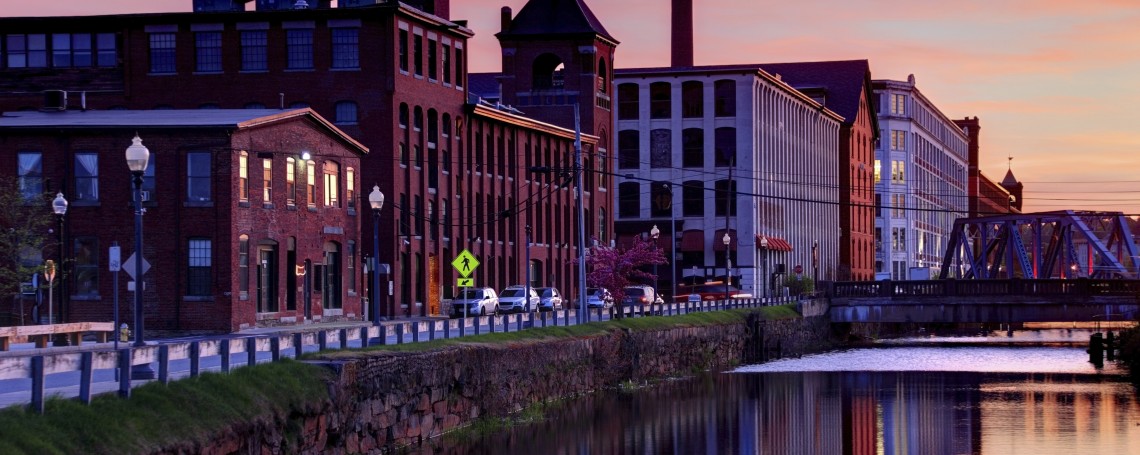Blog: Manufacturing
Duluth’s Industrial Legacy is Also a Key to Future Equitable Growth
Written by Zach Nieder and Kim Zeuli Duluth, Minnesota is a resurgent city that has garnered national attention for its vibrant maker districts, natural amenities, and start-ups that are revitalizing the city’s image and economy. Loll Designs, Epicurean, and the aircraft maker Cirrus all call Duluth home. However, the city also ... Read More
New Advocates on the Scene to Support the Maker Movement
A common misperception about the Maker Movement is that it is limited to crafters and hobbyists with only a narrow impact on local and regional economies. While some makers are indeed hobbyists, the movement also includes many active and nascent entrepreneurs who are interested in commercializing their products. These products can range widely, from jewelry and leather goods, to craft beer and artisanal bread, to drones and mini robots. Read More
Bottoms Up: Craft Breweries Help Spark Revitalization in Inner Cities
The craft beer industry has expanded rapidly in recent years. Between 2009 and 2016, the number of craft breweries expanded from 1,596 to 5,234, according to the Brewers Association. The number of craft breweries increased by 16.6 percent between 2015 and 2016 alone. Read More
Lima, Ohio gets creative with CDBG funding to train residents for advanced manufacturing careers
The city of Lima, Ohio has a long industrial legacy. In the 1920s, Lima thrived with strong demand for its steel. The city was also a hub of innovation, producing most notably the “Lima A-1,” which became the prototype for the modern steam locomotive. By 1930, the city was home to an estimated 93 industrial companies that collectively employed more than 8,000 local residents. Read More
For companies thriving in the manufacturing industry, “megafactories” are the exception
Strengthening the manufacturing industry has been widely covered in mainstream media, largely in part to the 2017 presidential election. While these stories continue to dominate headlines, “megafactories are the exception today,” explains Scott Paul, president of the Alliance for American Manufacturing. Read More

